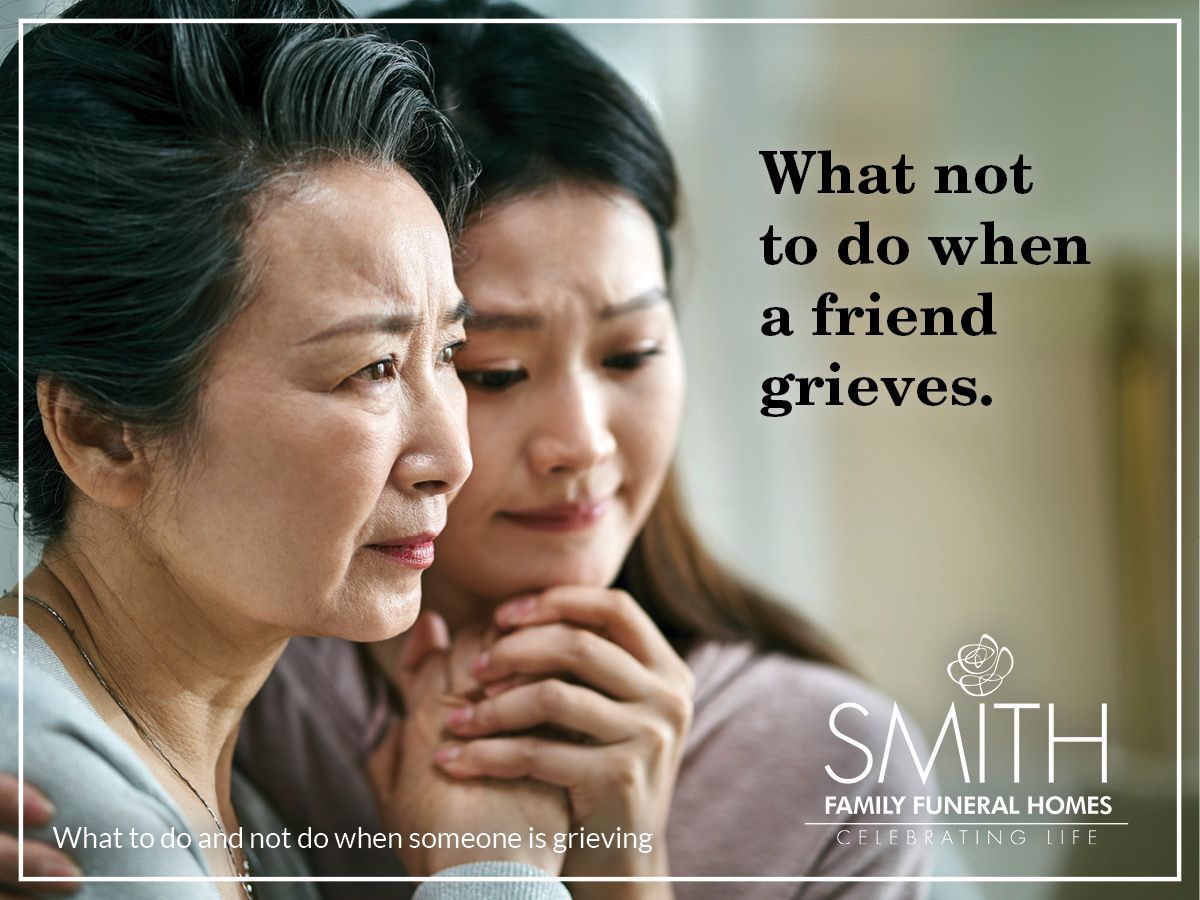
When you opt to become an organ donor, you may save a life. According to the Organ Procurement and Transplant Network, over 106,000 people are currently awaiting donations. But far more people are awaiting transplants than there are donors. Every nine minutes, another person is added to that waiting list.
Choosing to become an organ donor means that you are helping to get that waiting list down. You are creating opportunities for doctors to find matches for your organs, which allow them to perform life-saving transplants. But just because you sign up to become an organ donor doesn’t necessarily mean that your organs will be useable.
Can Anyone Sign Up to Be an Organ Donor?
Registering to be an organ donor is a simple process. You could go to your DMV to register in person or sign up through your state’s registry. There’s no age limit to sign up to be a donor, though you may have to get permission from your parent or guardian in some states if you’re under 18. You also don’t have to be a citizen or even a permanent resident to become a donor.
Due to the great need for donations, doctors are eager for sign-ups for potential donors. Because not every organ will be a match for every patient, it’s crucial that the donor pool is vast. Your gender, race, ethnicity, or age don’t have to match the person in need, and anyone of any background is encouraged to register to donate.
If I Sign Up, Will My Organs Always Be Donated?
You will likely never know if your organs will be donated because doctors decide after you die if your organs are viable for transplants. Certain health conditions may prevent you from being able to donate. If you have actively-spreading cancer, HIV, or severe infection, your organs would not be accepted for donation.
If you have any of these conditions, does that mean you shouldn’t sign up to be a donor? Absolutely not. Let medical professionals decide whether or not you can be an organ donor. It may be that some of your organs can’t be transplanted, but other organs and tissues may still be viable. If you never register, those useable parts can’t go to someone in need.
Can I Donate My Organs While I’m Still Alive?
In addition to being an organ donor posthumously, you can also opt to be a living donor. However, because of the risk of surgery, becoming a living donor is significantly more complex and has more rules.
About four out of every 10 donations come from a living donor. The most common donation is a kidney, but you can also donate one liver lobe, a lung or part of one, part of the pancreas, or part of the intestines. As a living donor, there are more options for tissue donations rather than organ donations. You could contribute skin, bone, cells from bone marrow or umbilical cord blood, amnion, or blood and platelets.
Although anyone is encouraged to sign up to be an organ donor after they die, the same cannot be said for donating organs while alive. Surgery complications are always a risk, but there’s also the added concern of your insurance coverage rate changing due to the surgery or experiencing medical problems post-surgery.
While being a living donor is an admirable decision, hurting yourself to help others isn’t the best idea. It’s vital that you weigh the risks before doing anything as serious as donating a piece of or an entire organ. However, donating blood or bone marrow is significantly less risky and may be a better option if you’d like to be a living donor.
Unlike deciding to be a living donor, anyone can and should consider donating their organs after death. Doctors are desperately in need of donations at all times. It’s estimated that 20 people die due to a lack of donor organs every day in the U.S. Registering to be an organ donor when you die could save the life of up to 75 people. In death, you’d be helping people to live fulfilling lives with less pain and more happiness.
Smith Family Funeral Homes provides quality funeral, memorial and cremation services to the families of Central Arkansas. Their six locations can be found in Little Rock, North Little Rock, Westbrook, Sherwood, Benton and Arkadelphia. With a privately-owned crematory operated by licensed professionals, Smith Family Funeral Homes can guarantee their high standard of care throughout the cremation process. To learn more, visit smithfamilycares.com.













